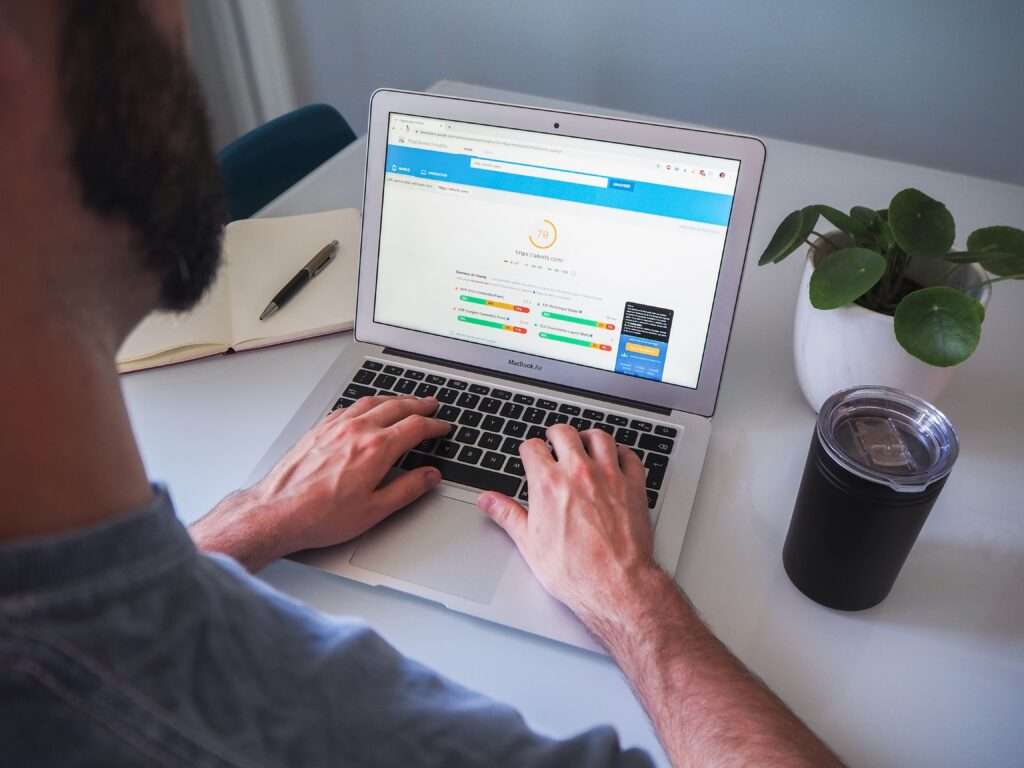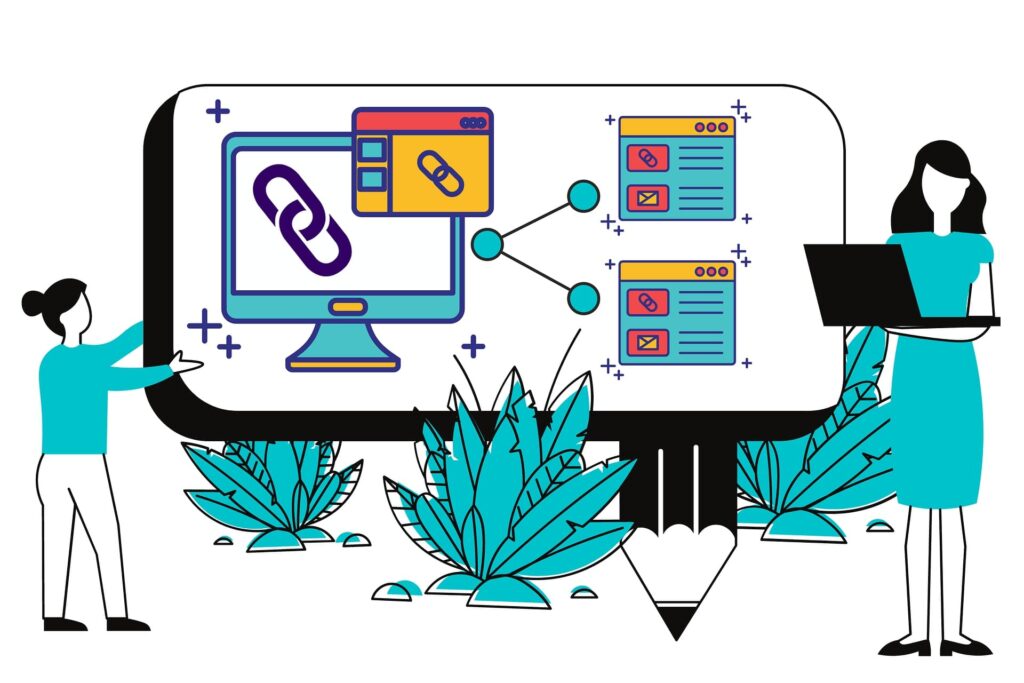Adaptability is the ability to adjust to new situations and environments. This soft skill is important in both personal and professional life.
In an ever-changing world, being adaptable is key for success. It not only applies to changing environments but also to changing people, tasks, and relationships.
Adaptability means openness to change and new opportunities and a willingness to develop new and existing skills.
The Business Communication Handbook
by Judith Dwyer, Nicole Hopwood
The American Psychological Association (APA) defines adaptability as “the capacity to make appropriate responses to changed or changing situations; the ability to modify or adjust one’s behavior in meeting different circumstances or different people” (VandenBos, 2015, p. 18).
Quick Links
Adaptability as a Soft Skill
Adaptability is the ability to adjust to new situations and environments. It is a soft skill that is important in many different fields, as it allows a person to be flexible and able to respond to changes in their work or personal life.
The scope of adaptability as a soft skill is broad, as it can be applied in a variety of settings and situations. Some examples of how adaptability might be demonstrated include:
- Changing plans or strategies in response to new information or unexpected challenges
- Learning new skills or technologies quickly in order to meet the demands of a new job or project
- Being open to new ideas and perspectives, even if they differ from your own
- Adjusting your communication style to better suit your audience
- Managing stress and staying calm in the face of unexpected changes or challenges.
Adaptability may be related to personality factors such as achievement motivation (one’s desire to overcome obstacles, achieve results, and master tasks), cooperativeness (ability to work effectively with others toward a common purpose), and willingness to learn.
Encyclopedia of Industrial and Organizational Psychology
by Steven G. Rogelberg
Benefits of Adaptability
There are many benefits of adaptability, both in professional and personal life.
Professional Life
Some of the benefits of adaptability in the professional world include the following:
Improved job performance: Adapting to new situations and challenges can help you be more effective in your job and achieve better results.
Greater job security: Companies value adaptable employees who can take on new challenges, as this can help the company be more flexible and responsive to change.
More opportunities for advancement: Being adaptable can make you more attractive to potential employers and open up new opportunities for advancement within your current company.
Greater success in team projects: Being adaptable can help you work more effectively with others and be a valuable team member.
Personal Life
In my personal life, some of the benefits of adaptability include the following:
Improved relationships: Being adaptable can help you to be more understanding and open-minded toward others, which can improve your relationships with friends, family, and loved ones.
Increased resilience: Being adaptable can help you to bounce back from setbacks and challenges more quickly and effectively.
Improved mental and emotional well-being: Adapting to change can reduce stress and improve your overall mental and emotional well-being.
Boost Personal Values and Respect: Being adaptable can help you to value the diverse aspects of life and respect others’ differences.
Overall, adaptability is an important skill in both professional and personal life, as it can help you be more flexible, resilient, and successful in various situations.
Adaptability is a form of flexibility, and the more flexible you are, the more quickly you’ll be able to handle whatever comes your way, from the road or life.
ChiWalking: Fitness Walking for Lifelong Health and Energy
by Danny Dreyer, Katherine Dreyer
Top Ten Adaptability Skills
Here are ten types of adaptability skills that can improve your life:
Cognitive adaptability: This involves the ability to think flexibly and to approach problems in new ways.
Emotional adaptability: This involves managing your emotions and staying calm in the face of change or challenges.
Physical adaptability: This involves adapting to new physical environments or situations, such as a new climate or physical surroundings.
Social adaptability: This involves adapting to new social situations and interacting effectively with different types of people.
Cultural adaptability: This involves adapting to new cultural environments and understanding and appreciating cultural norms and values.
Technological adaptability: This involves learning and using new technologies effectively.
Strategic adaptability: This involves adapting your strategies and plans in response to changing circumstances.
Communication adaptability: This involves adapting your communication style to suit different audiences and situations.
Creative adaptability: Creative adaptability involves thinking creatively and developing new ideas responding to changing needs or challenges.
Organizational adaptability involves adapting to new organizational structures and systems and working effectively within them.
How to Improve Adaptability
Here are some ways you can improve your adaptability as a soft skill:
Practice flexibility: Try to be open to new ideas and approaches, even if they differ from your usual way of doing things. This can help you become more comfortable with change and willing to try new things.
Learn new skills: The more diverse your skill set is, the more adaptable you will be. Try to continually learn new skills, especially those that are relevant to your field or that may be useful in new situations.
Stay open-minded: Keep an open mind and be willing to consider different perspectives, even if they differ from your own. This can help you see new opportunities and be more adaptable in different situations.
Be proactive: Don’t wait for change to happen–try to seek out new experiences and challenges. This can help you become more comfortable with change and more adaptable overall.
Practice problem-solving: Building your problem-solving skills can help you be more adaptable, enabling you to find creative solutions to new challenges and problems.
Manage stress: Being able to manage stress and stay calm in the face of unexpected changes can help you to be more adaptable. Try incorporating stress-management techniques such as meditation or exercise into your routine.
Bottom Line
Adaptability is adjusting and changing to new environments, people, and situations.
It is the ability to be flexible and change one’s life. It is a key skill for success in professional and personal life.
A person with high adaptability can adjust easily to new situations, whereas a person with low adaptability may find it difficult to adjust or change.
For a person’s life to be successful both professionally and personally, they need good levels of adaptability.
There are many ways of improving adaptability in your life:
- Be open-minded
- Be flexible
- Avoid perfectionism
- Seek feedback from others
- Practice mindfulness
- Try new things
- Seek out diverse experiences
- Learn from others
- Consider your own biases
Sharing is Caring

























